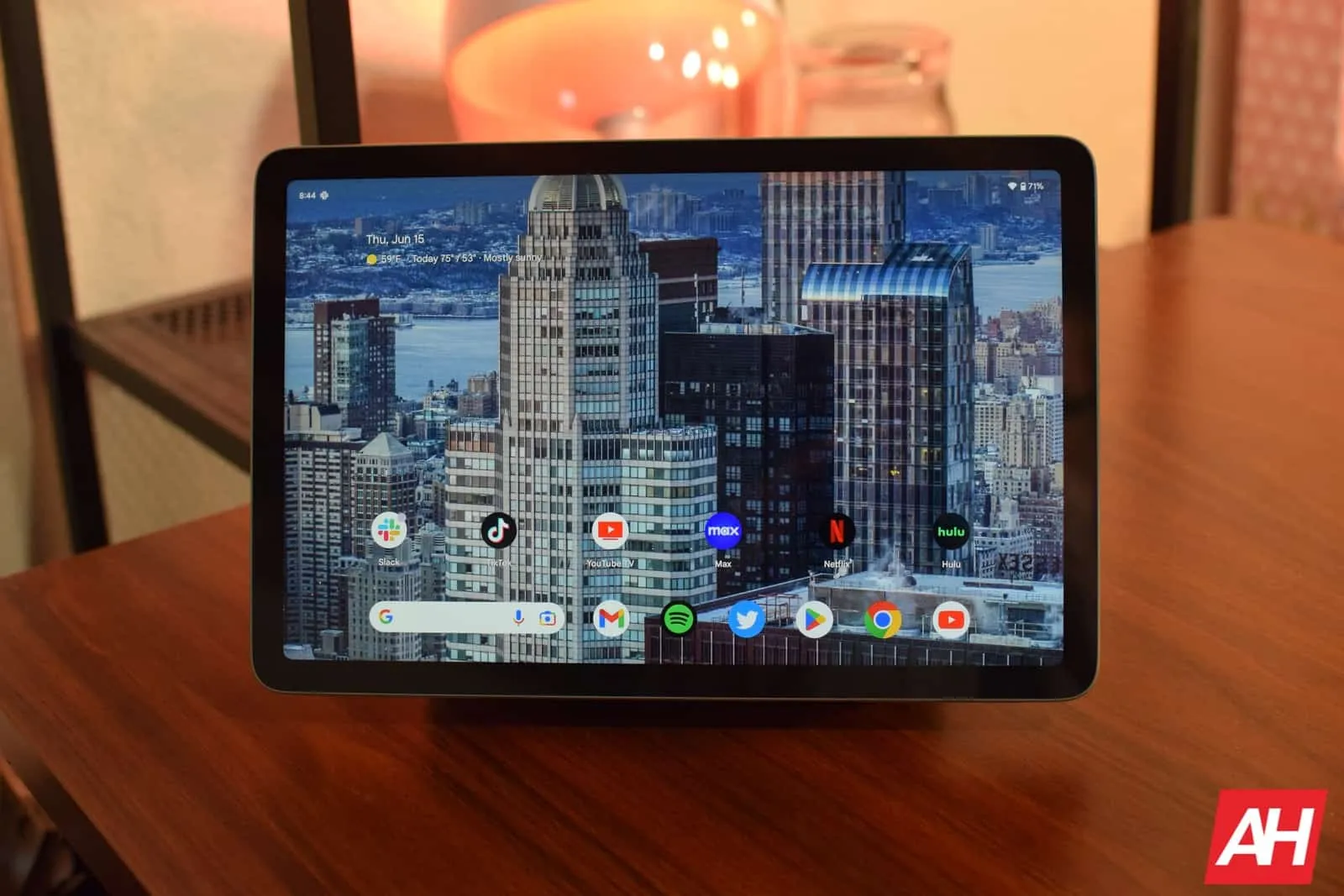Revamping Android Tablets: Google’s Ambitious Approach to Desktop Functionality

Google's Innovative Strategy for Android Tablets
Recently, Google has been exploring the notion of turning Android tablets into devices that can mimic the functionality of desktop computers. The tech giant is piloting a feature known as windowing within the Android OS, allowing users to manage multiple applications simultaneously similar to a traditional desktop environment.
Potential Impact on User Experience
This new paradigm could significantly boost productivity for users who rely on Android tablets for work. Enhanced multitasking capabilities will empower users to shift seamlessly between tasks, making the tablet a more viable option for business and personal use.
Key Features of the Windowing System
- Multiple App Management: Users can organize apps in a way that promotes efficiency and reduces time wasted switching between tasks.
- Simplified Navigation: The interface will be designed to streamline user experience and minimize complications.
- Boosted Productivity: Enhancing the tablet’s capacity to handle various tasks could redefine its role in both personal and professional settings.
Google's initiative to evolve Android tablets blurs the lines between distinct devices, potentially changing the landscape of mobile computing.
This article was prepared using information from open sources in accordance with the principles of Ethical Policy. The editorial team is not responsible for absolute accuracy, as it relies on data from the sources referenced.